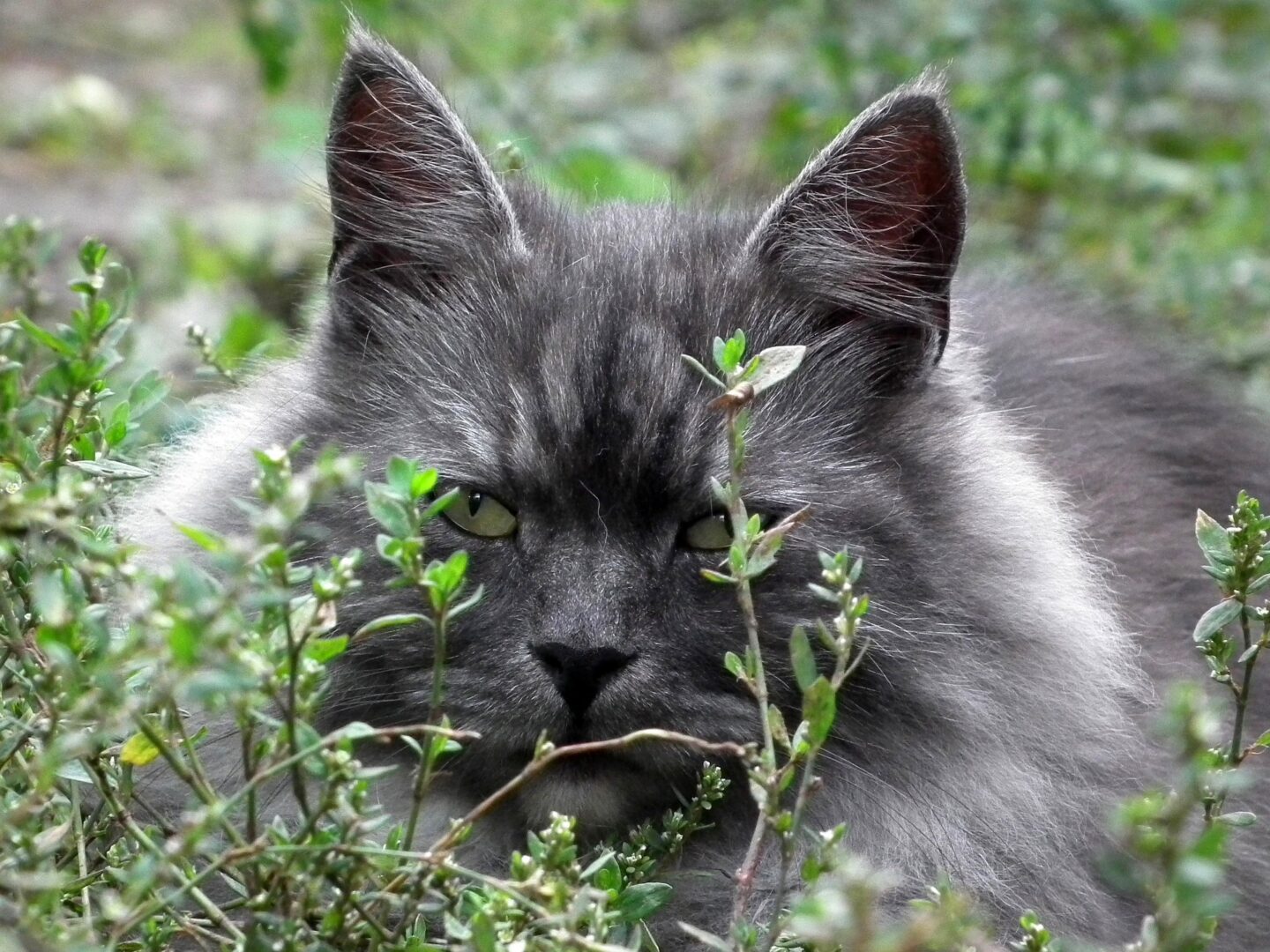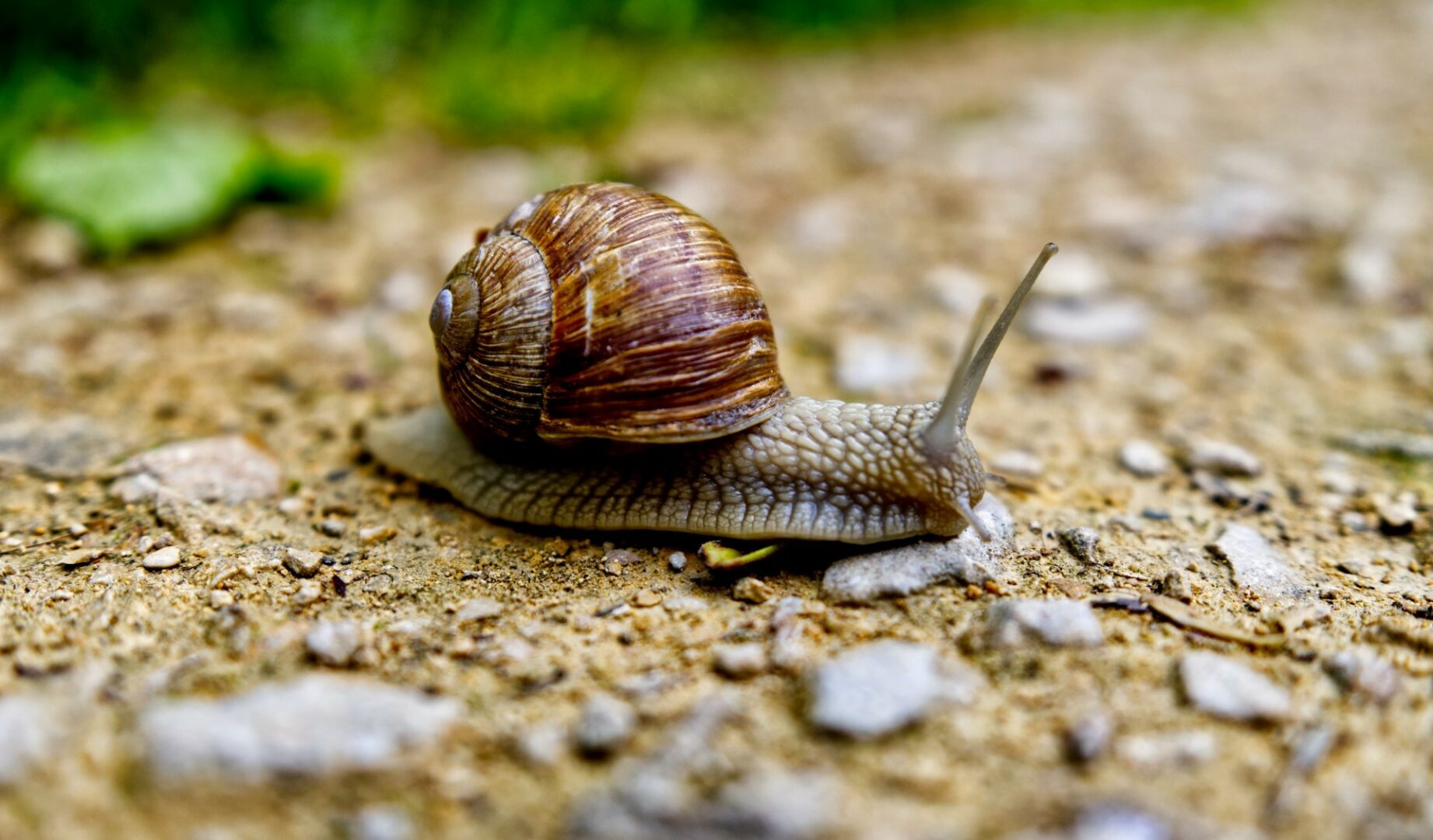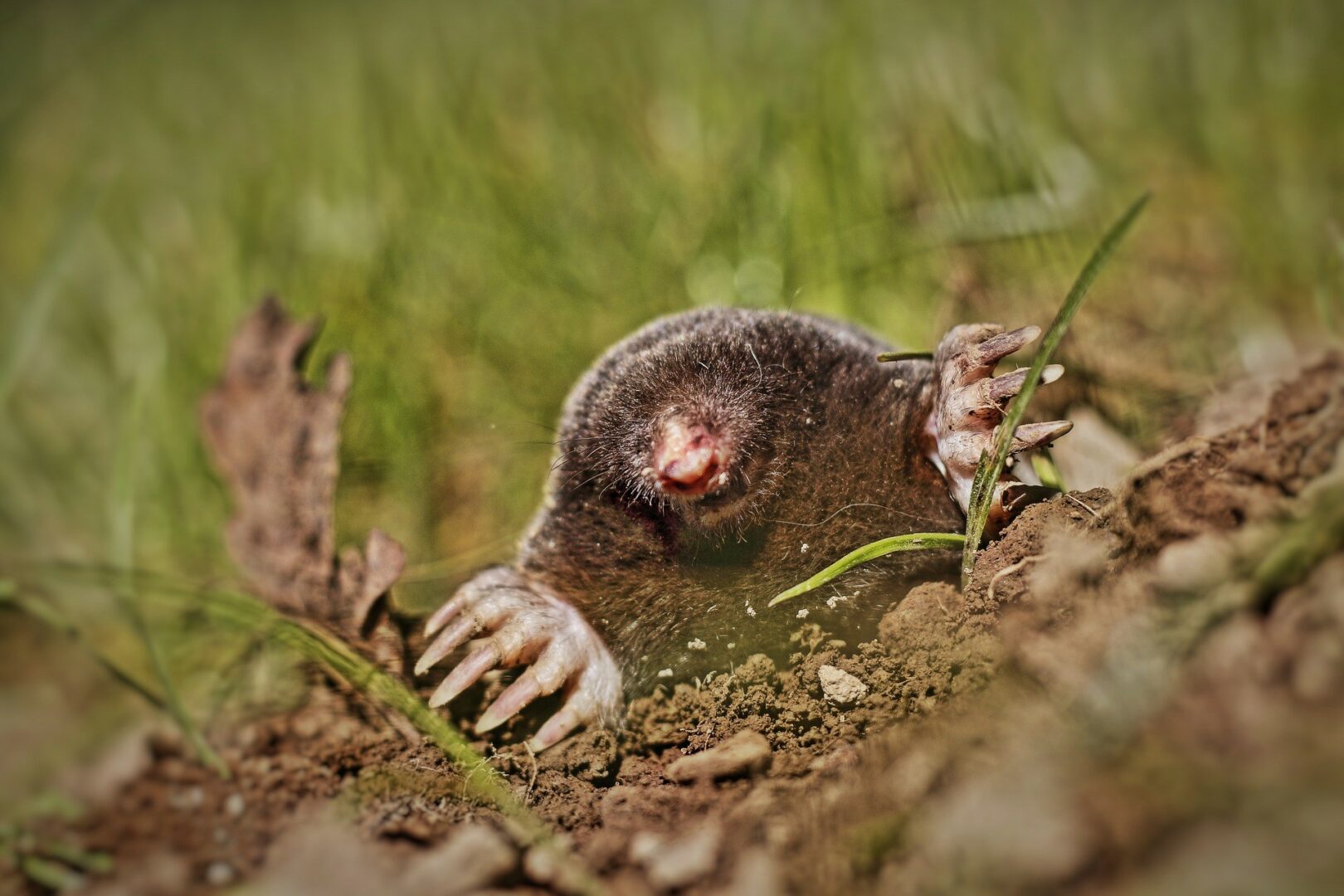A natural environment without animals would be dystopic and unsustainable. After all, imagine a garden without chirping birds, flying butterflies, or busy bees. But what about harmful and annoying animals paying you the visit throughout the year?
Many large and miniature creatures can damage the crops and ornamental flower beds or make us uncomfortable when buzzing or flying around. With ecological and mindful methods, you can reduce the undesirable representatives of fauna in the garden.
Irrigation and Ultrasound
The uninvited guests usually leave behind disgusting residues such as excrement, urine spots, or other leftovers from their hunts, which damage plants. Stray cats disappear when they smell spice, garlic cloves, or chopped onions. The best are coffee grounds, which also serve synergistically as fertilizer. Cats are driven away by the purpose-planted Swedish ivy, which releases its essential oils. Unfortunately, dogs aren’t enthusiastic about it too.
Suitable are also well-placed spiked mats. They do not hurt, but they cause discomfort. There are also irrigation systems with a motion detector that rinses the animal off. It is generally known that cats hate water. An electronic repellent is more versatile (martens, weasels, rats). Upon prompting, the integrated sensor emits an ultrasonic tone supported mainly by an intense flash.
Fake Wasp Nests
Electric UV traps for mosquitoes, flies, and moths lure with a special ingredient broad spectrum of insects. When flying into a trap, it is killed by an electrode under voltage. On the other hand, wasps can be confused by fake nests. They will fly away looking for a new territory when they see it. Lost creatures lured by the smell of food and sweet drinks to replenish carbohydrates will get tamed under the influence of the aromatic grated lemon peel and steamy cloves. They are not happy about vinegar or chili.
Snail’s Fatal Attraction
Intolerable invasions include snails. Plenty of ingredients ranging from coffee to grapefruit peels or crushed eggshells are excellent protection for your garden. Slimy intruders are hindered by a surface that complicates their movement – for example, sawdust or straw. If you do not mind the measures, it means the end for snails. Serve them oatmeal, which is fatal, or insert cut-off plastic bottles filled with little beer into the holes in the ground: the attraction turns out to be fatal.
Feathered friends feasting on cherries can be temporarily unsecured by hanging voluminous discarded plush toys with attached reflective elements, colored ribbons, larger shiny jewelry, shards from a broken mirror, and against pigeons on the balconies used CDs. A more complex and costly solution is a protective net for wood.
Moles Dislike Yogurt
Tuberous vegetables usually annihilate voles that devour the roots of fruit trees and disintegrate bulbs and onions. They are hindered by the distinctive aromas of butyric acid or alcohol but surprisingly also by the leaves of the elderflower. When planting, apply underground mesh baskets and install wire barriers on the bottoms of raised flower beds. Voles and moles staying in your garden will be disgusted by penetrating solar pins, which at predefined intervals send unperceived vibratory waves to the human ear. They do not distract beneficial animals and are zero waste.
 Speaking of moles and their hills on the yard, before the first round of the duel, consider whether the aesthetic damage is really unacceptable to you. Alternatively, set up the lawn entirely again. This time, include a special impassable net 10 cm deep to the ground. Remember that the mole deprives the garden of bedbugs, maggots, and grubs. If you will move it to your neighbors but not kill it, pour into their corridor system a yogurt. The alternatives are naphthalene and garlic extract. Clean water may also fulfill the purpose, but it must be repeated. Alternatively, insert empty glass bottles into the soil bottom-up: the wind will blow in them, and an animal with extremely sensitive hearing will probably soon prefer a quieter home a little further away.
Speaking of moles and their hills on the yard, before the first round of the duel, consider whether the aesthetic damage is really unacceptable to you. Alternatively, set up the lawn entirely again. This time, include a special impassable net 10 cm deep to the ground. Remember that the mole deprives the garden of bedbugs, maggots, and grubs. If you will move it to your neighbors but not kill it, pour into their corridor system a yogurt. The alternatives are naphthalene and garlic extract. Clean water may also fulfill the purpose, but it must be repeated. Alternatively, insert empty glass bottles into the soil bottom-up: the wind will blow in them, and an animal with extremely sensitive hearing will probably soon prefer a quieter home a little further away.
Text: Miki Kočan ml., foto: unsplash.com, pixabay.com


















